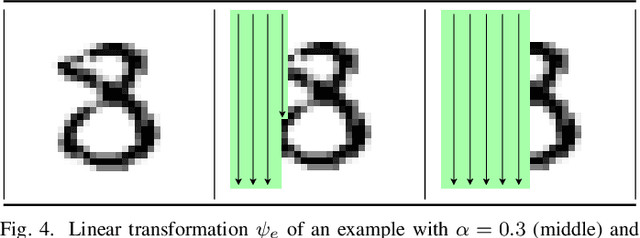Simone Soderi
Covert Channel Attack to Federated Learning Systems
Apr 21, 2021



Abstract:Federated learning (FL) goes beyond traditional, centralized machine learning by distributing model training among a large collection of edge clients. These clients cooperatively train a global, e.g., cloud-hosted, model without disclosing their local, private training data. The global model is then shared among all the participants which use it for local predictions. In this paper, we put forward a novel attacker model aiming at turning FL systems into covert channels to implement a stealth communication infrastructure. The main intuition is that, during federated training, a malicious sender can poison the global model by submitting purposely crafted examples. Although the effect of the model poisoning is negligible to other participants, and does not alter the overall model performance, it can be observed by a malicious receiver and used to transmit a single bit.
 Add to Chrome
Add to Chrome Add to Firefox
Add to Firefox Add to Edge
Add to Edge